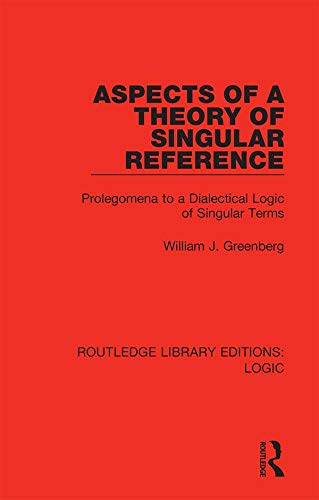One part of Leibniz’s law, named by Willard Van Orman Quine (1908-2000), the American mathematical logician.
It says that if what appear to be two or more objects are in fact identical, there can be no property held by one and not by the others.
This must be distinguished from the sub-stitutivity of identicals, which says that two names or true descriptions for the same object can always be intersubstituted; this is false for if Cicero and Tully name the same orator we cannot infer from ‘Smith believes that Cicero was an orator’ to ‘Smith believes that Tully was an orator’.
If we make this distinction (which Leibniz didn’t) then the Cicero/Tully example will not be an objection to Leibniz’s law properly stated.
Source:
R Cartwright, ‘Identity and Substitutivity’ in M K Munitz, ed., Identity and Individuation (1971); reprinted in R Cartwright, Philosophical Essays (1987)
Table of Contents
- Leibniz’s law
- sufficient reason principle
- perfection principle
- continuity law or principle
- identity of indiscernibles
Last update 2020-06-17. Price and product availability may change.

